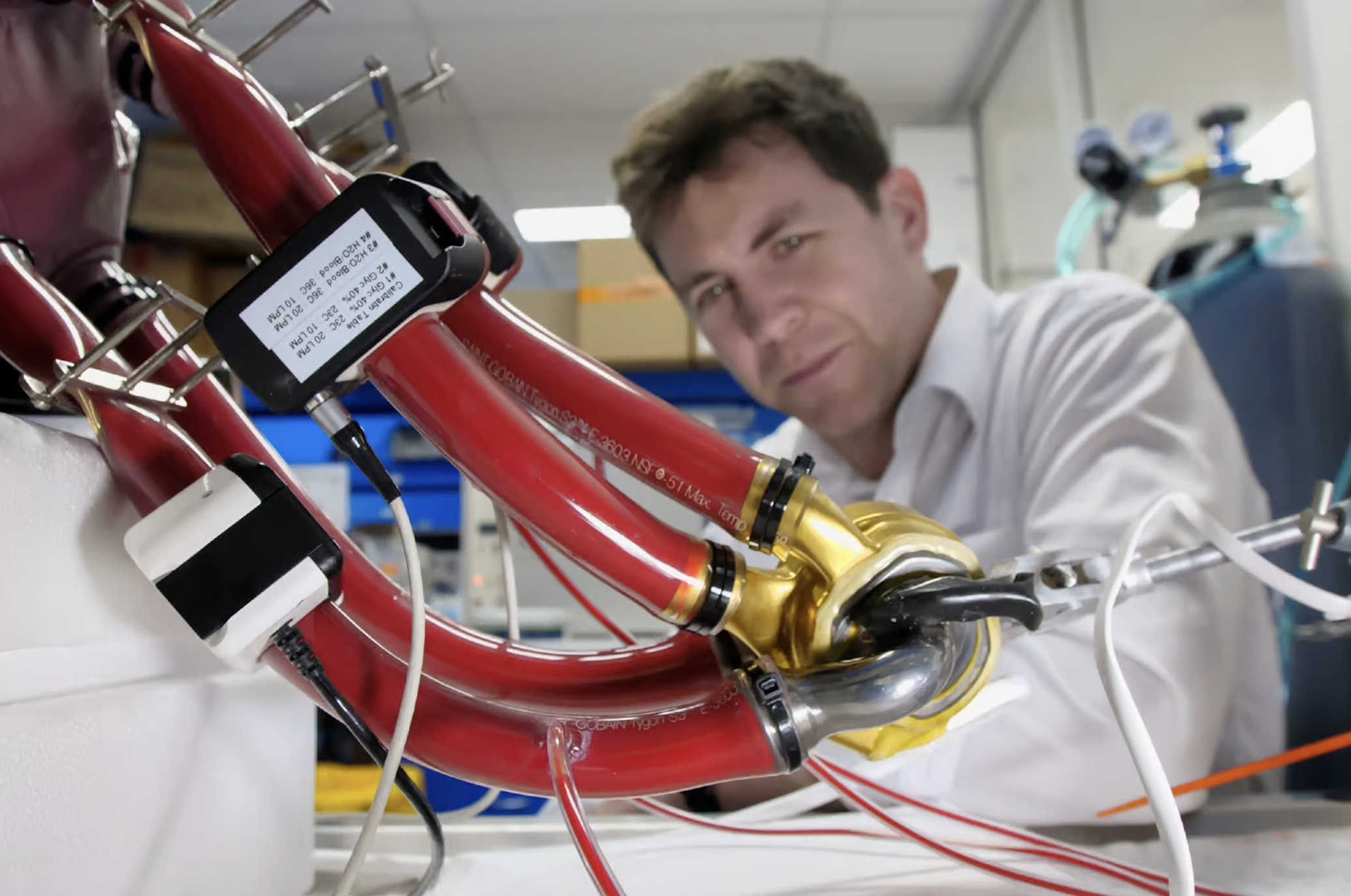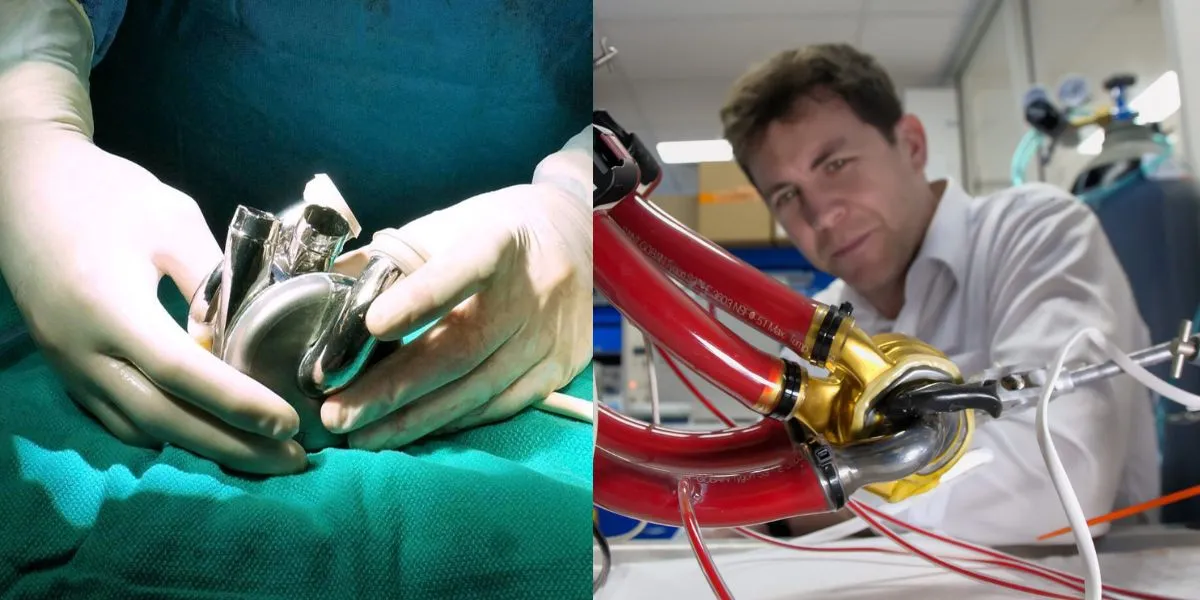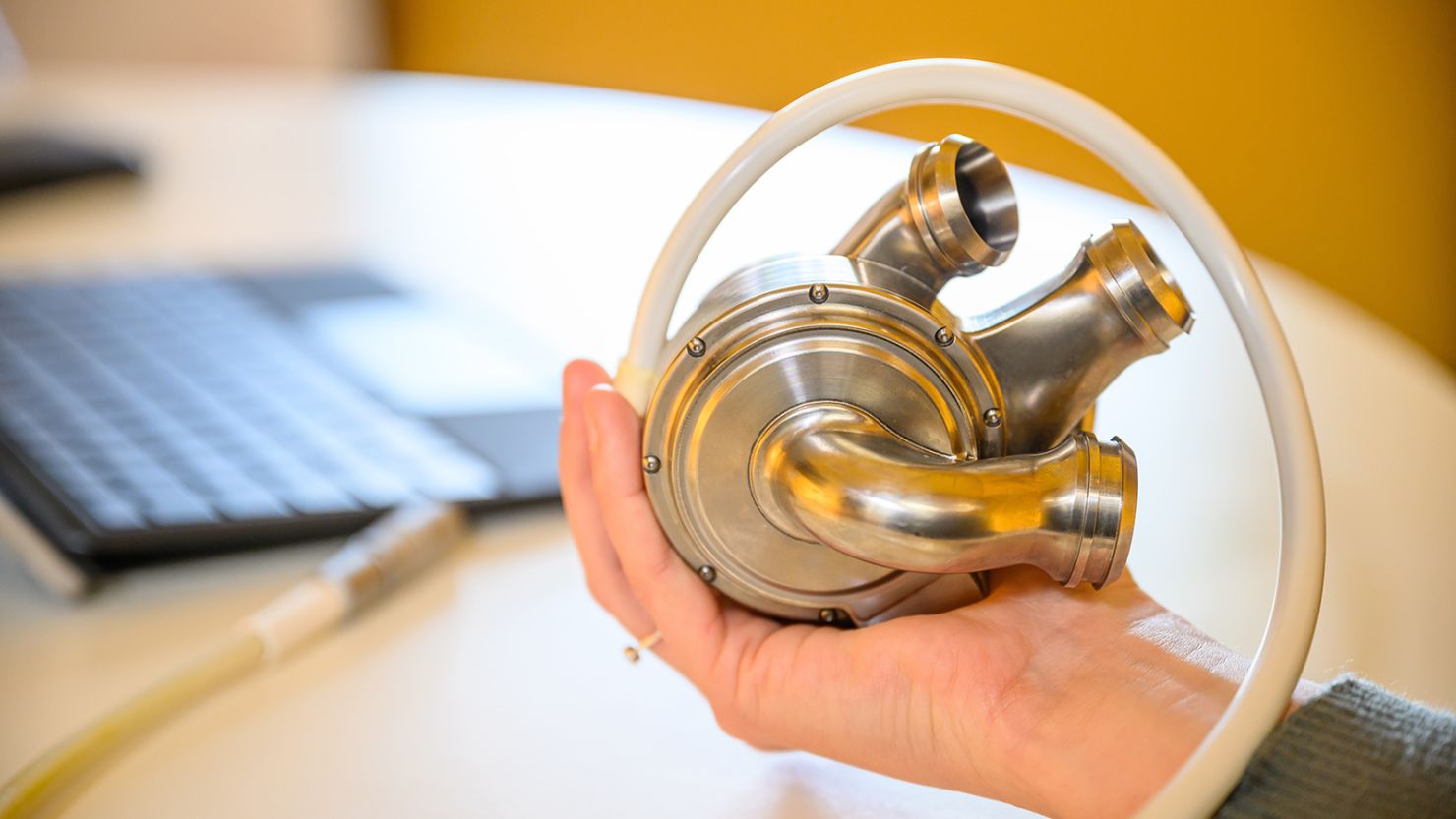The world of medicine has reached an extraordinary milestone with the successful transplantation of the first fully titanium heart into a human patient. This groundbreaking achievement represents a major leap forward in artificial organ technology and offers new hope for patients suffering from severe heart disease, a condition that remains one of the leading causes of death worldwide.

The titanium heart is designed to function just like a natural human heart, pumping blood throughout the body with remarkable efficiency. Unlike traditional artificial hearts, which often rely on external pumps or complex machinery, this fully implantable device is self-contained, reducing the risks of infection and complications that have plagued previous heart replacement technologies. Titanium was chosen as the primary material due to its unique combination of strength, durability, and biocompatibility, making it an ideal choice for long-term implantation within the human body.
One of the most significant advantages of this titanium heart is its longevity. Unlike donor hearts, which have a limited lifespan and require patients to take lifelong immunosuppressant drugs to prevent rejection, the titanium heart eliminates the need for such medications. This greatly improves the patient’s quality of life and reduces the risks associated with weakened immune systems, such as infections and organ failure. Furthermore, because titanium is resistant to corrosion and wear, the heart can function for decades without deterioration, making it a long-term solution for those suffering from severe heart disease.

The patient who received this revolutionary heart had been suffering from end-stage heart failure and was no longer a candidate for a traditional heart transplant due to medical complications. Thanks to this advanced technology, the individual now has a second chance at life without the risk of organ rejection, which is a common concern with donor hearts. This transplant not only saved a life but also demonstrated the real-world potential of artificial hearts as permanent replacements for failing organs.
The development of the titanium heart has been years in the making, involving the collaboration of bioengineers, medical researchers, and cardiovascular surgeons. The technology behind it incorporates advanced sensors and microprocessors that regulate blood flow and adjust heart rate based on the body’s needs. These intelligent features allow the heart to mimic the functionality of a natural human heart, adapting to different physical activities, stress levels, and bodily changes in real time. This level of precision ensures that the artificial heart provides optimal circulation, just like a biological heart would.

Beyond its life-saving potential, this transplant represents a new frontier in bioengineering and medical science. Scientists and medical researchers have been working for decades to develop a fully functional artificial heart that could serve as a permanent replacement rather than a temporary bridge to transplantation. This success story brings that vision closer to reality and could pave the way for widespread use of artificial hearts in the coming years.
The implications of this breakthrough extend far beyond just heart transplants. The development of durable, biocompatible artificial organs could revolutionize the treatment of many life-threatening conditions, reducing dependence on organ donors and significantly improving survival rates for patients with severe organ failure. As technology continues to advance, we may one day see titanium-based or even 3D-printed organs becoming a common solution for those in need of life-saving transplants.
However, as promising as this technology is, there are still challenges to overcome. The cost of developing and manufacturing titanium hearts remains high, making accessibility an issue for many patients. Further research and investment will be required to scale production and reduce costs, ensuring that this life-saving technology can reach a wider population. Additionally, long-term studies will be necessary to assess the full impact of titanium heart implants on human health over decades.
For now, the world watches in awe as this pioneering procedure marks a new era in medical innovation. The successful transplantation of the first fully titanium heart is not just a scientific achievement—it is a testament to human ingenuity, resilience, and the endless pursuit of saving lives through technology. As research continues and advancements are made, the dream of artificial hearts becoming a standard treatment option is closer than ever before. This moment in history will be remembered as the beginning of a new chapter in cardiovascular medicine, where science and technology combine to give countless individuals a second chance at life.




